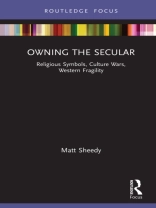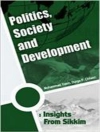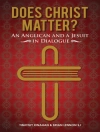Owning the Secular examines three case studies dealing with religious symbols and cultural identity, including two public controversies over the veil in Canada – at the federal level and in the province of Québec – and an ex-Muslim podcaster rethinking her atheist identity in the era of Donald Trump and the alt-right.
Drawing on theories of discourse analysis and ideology critique, this study calls attention to an evolution in how secularism, nationalism, and multiculturalism in Euro-Western states are debated and understood as competing groups contest and rearrange the meaning of these terms. This is especially true in the digital age as online cultures have transformed how information is spread, how we imagine our communities, build alliances, and produce shared meaning.
From recent attempts to prohibit religious symbols in public, to Trump’s so-called Muslim bans, to growing disenchantment with the promises of digital media, this study turns the lens how nation-states, organizations, and individuals attempt to ‚own‘ the secular to manage cultural differences, shore up group identity, and stake a claim to some version of Western values amidst the growing uncertainties of neoliberal capitalism.












